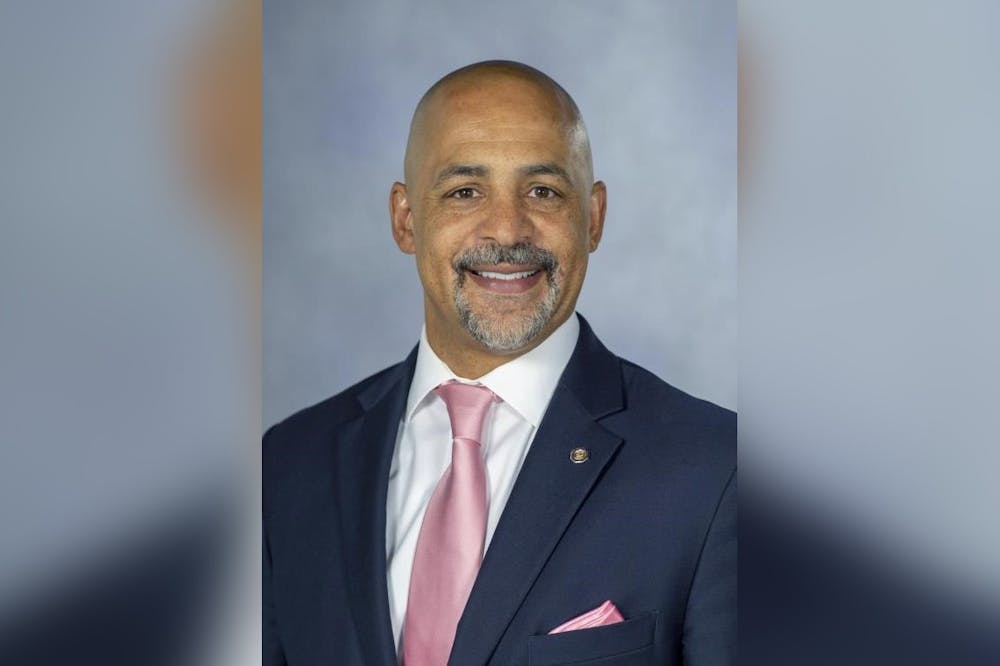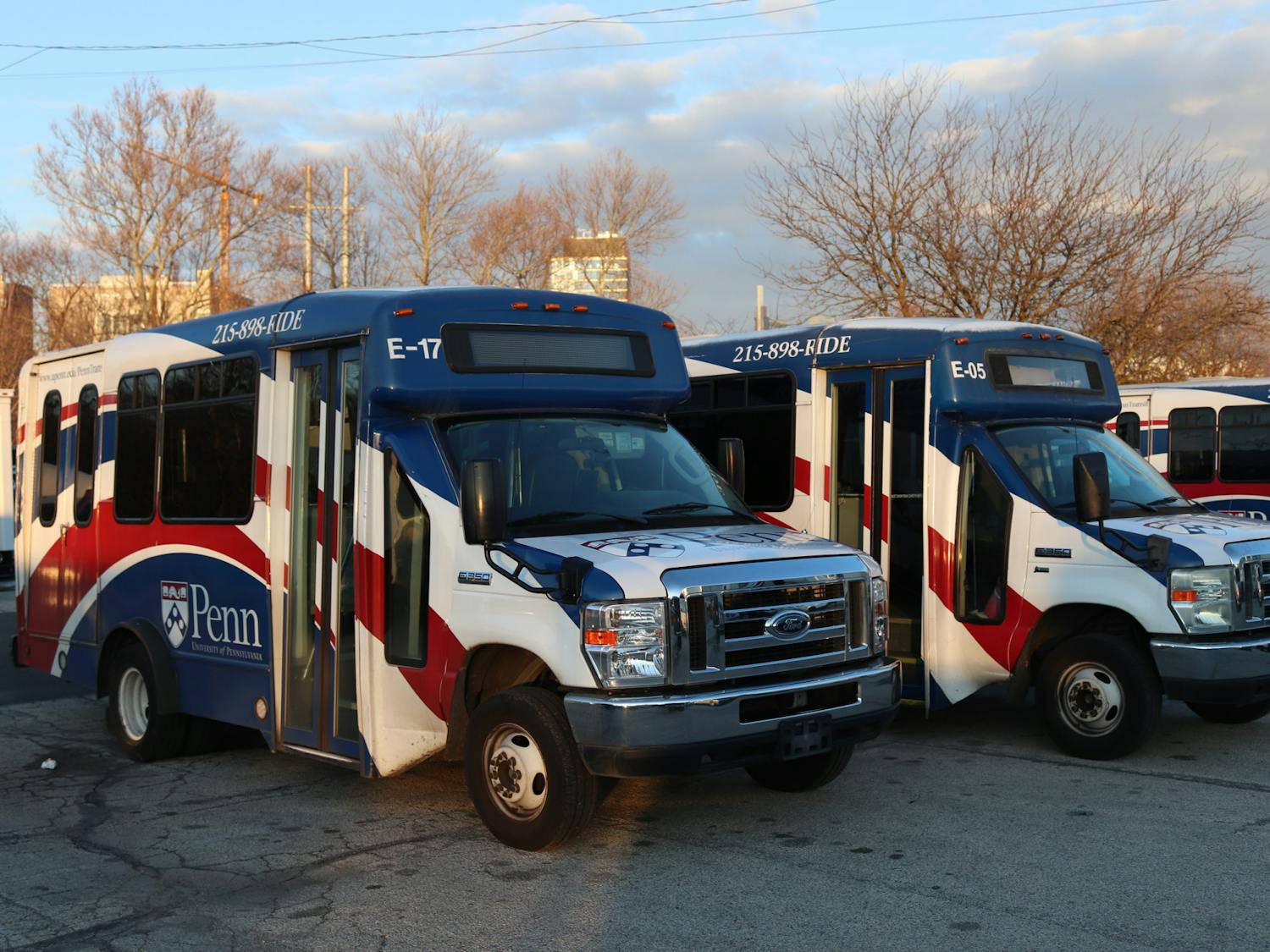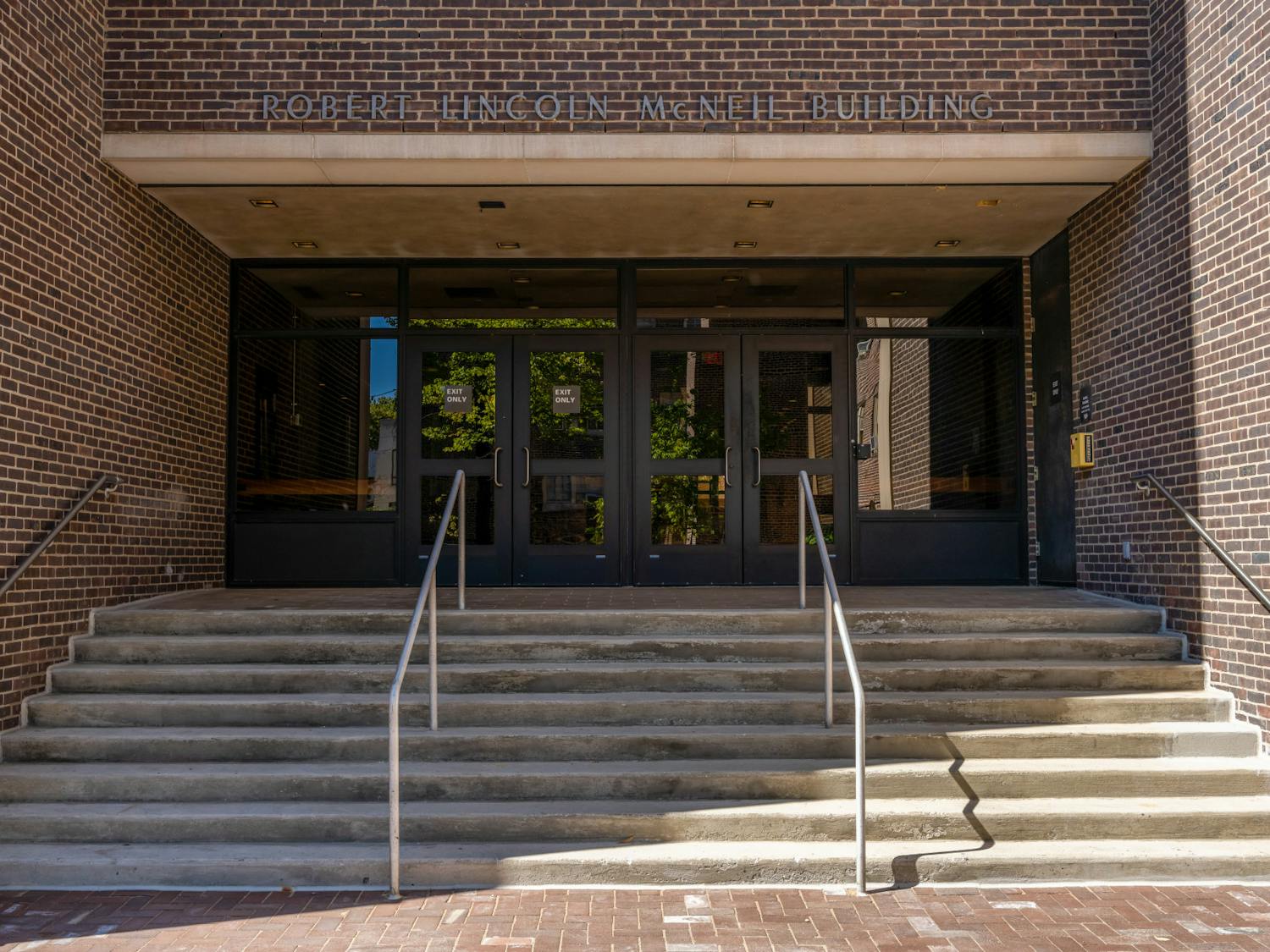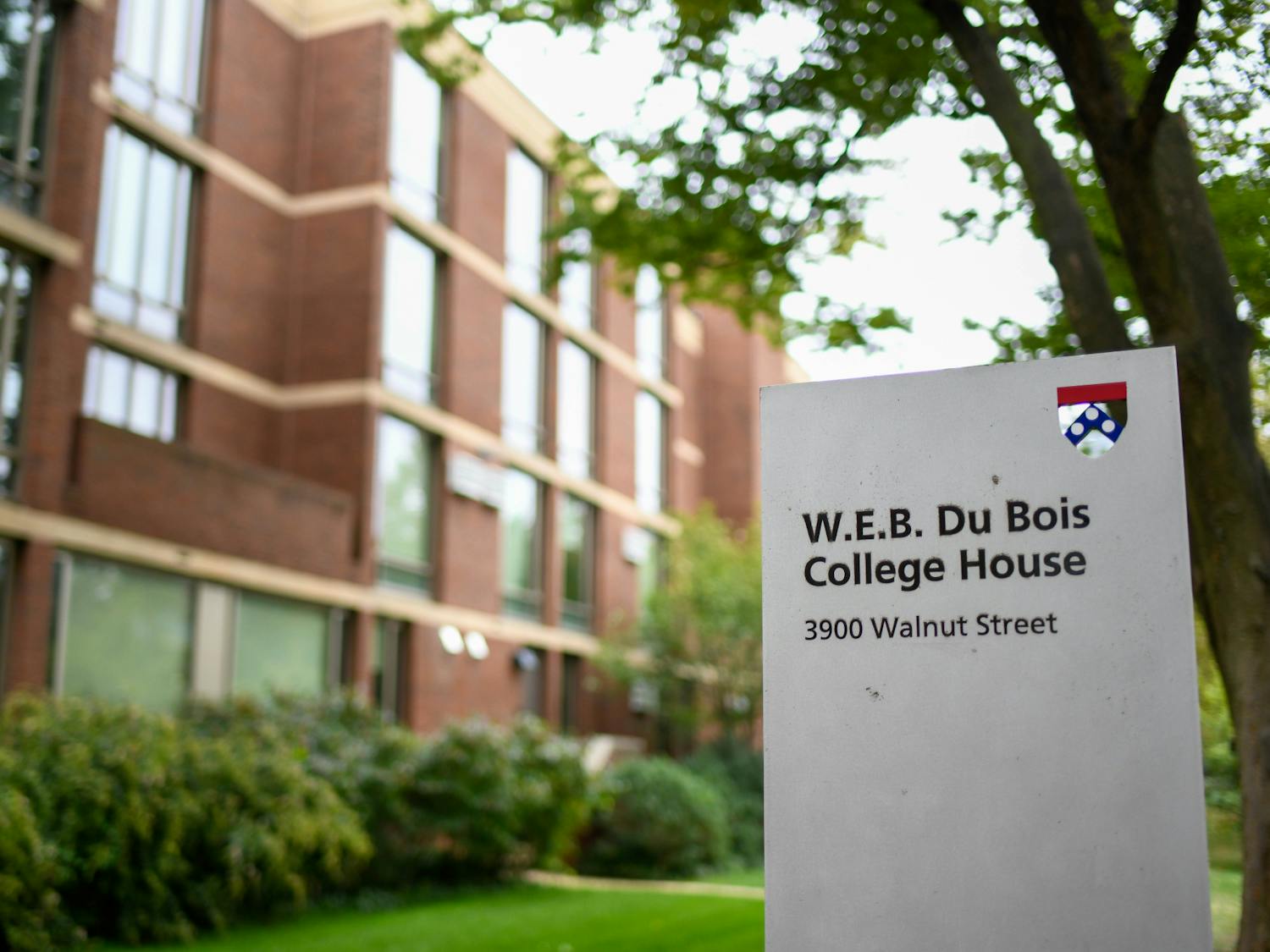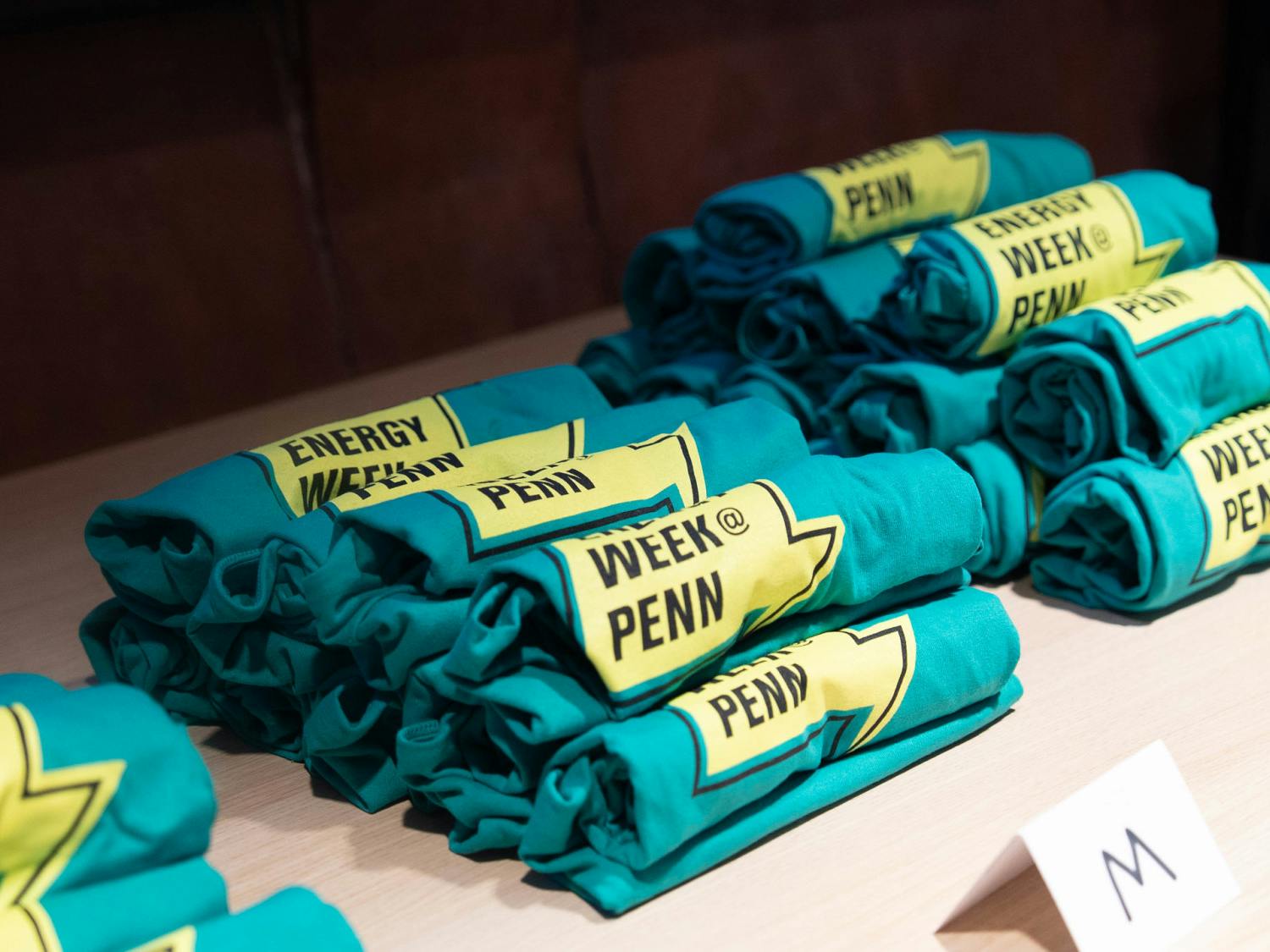A Penn graduate's new proposal in the Pennsylvania state legislature would establish a statute to compensate wrongfully imprisoned individuals for their time behind bars.
The proposal, written by 2006 College of Liberal and Professional Studies graduate and Pa. State Rep. Christopher Rabb, would provide each exoneree $65,000 for every year they were wrongfully incarcerated, along with other services to ease their transition back into society. Rabb, who represents northwest Philadelphia in the House of Representatives, said he hopes the bill will be introduced by the end of March.
Pennsylvania is one of 15 states that has not adopted a compensation statute for the wrongfully incarcerated. Exonerees currently must file an independent civil suit against the state in order to gain monetary compensation for the time they had spent behind bars. Rabb said the state's neglect of the wrongfully imprisoned is "a travesty of the justice system" and is due in part to racial bias.
“We talk about liberty and justice for all," Rabb said. "But when it comes to liberty and justice for all for exonerees, people who are duly freed from prison for crimes that they did not commit, there’s a deafening silence.”
Many scholars and activists have called for additional services for the wrongfully convicted in addition to financial compensation.
Assistant Director of Penn Law School's Quattrone Center for the Fair Administration of Justice and Executive Director of the Pennsylvania Innocence Project Marissa Boyers Bluestine said it is vital to provide exonerees with additional support upon re-entry to society, especially to those who previously had a life sentence.
“All of these men come out and there is no retirement for them and no skills,” Boyers Bluestine said. “A lot of the prisons don’t allow lifers to participate in educational or job training programs because they don’t think it’s a good use of money.”
There have been 2,557 exonerations in the U.S. since 1989, according to the National Registry of Exonerations. Boyers Bluestine explains that there have been 103 exonerations in Pennsylvania since the state's conception, with 88 occurring since 1989.
RELATED:
Students praise Bryan Stevenson, Penn commencement speaker and criminal justice reformer
Grad students 'prep' formerly incarcerated people to become entrepreneurs
Assata Thomas, director of the Philadelphia non-profit Institute for Community Justice echoed Boyers Bluestine. Thomas, who was also a former correctional officer in New Jersey, said the negative effects of incarceration, such as physical and emotional trauma, make release very difficult to bear without the support of the state.
“You cannot accurately quantify the effects of a wrongful conviction," Thomas said. "You cannot take off being labeled as a criminal. You cannot take off mistreatment by officers. You cannot take off inadequate medical care. You cannot take off the effects of distress of health and countless other forms of seen and unseen trauma.”
Associate Dean at Penn Law and Executive Director of the Quattrone Center for the Fair Administration of Justice John Hollway said, however, many innocent prisoners may be excluded from the benefits of this bill, as not all are able to attain exoneree status due to various obstacles within the criminal justice system. Hollway added, for example, some prosecution lawyers may offer plea deals to wrongfully convicted defendants in civil suits that would minimize their financial compensation and prevent them from obtaining exoneree status.
“The question is, 'What do I need to display proof of my innocence?'" Hollway said. "'Does a court have to say I’m innocent,' or can the court simply say, you’re not guilty of any of these charges?"
Rabb said although he does not currently know where funding for the project will come from, he is confident that the statue will save taxpayers money in the long run by avoiding civil suits filed independently by exonerees, which have cost the state over $29 million.
Hollway said Pennsylvania’s current way of dealing with the state’s exonerees is insufficient. He added that the state has a duty to compensate the victims of such injustice.
“We put these people in prison for things they didn’t do,” Hollway said. “We have a moral obligation to help them out.”


